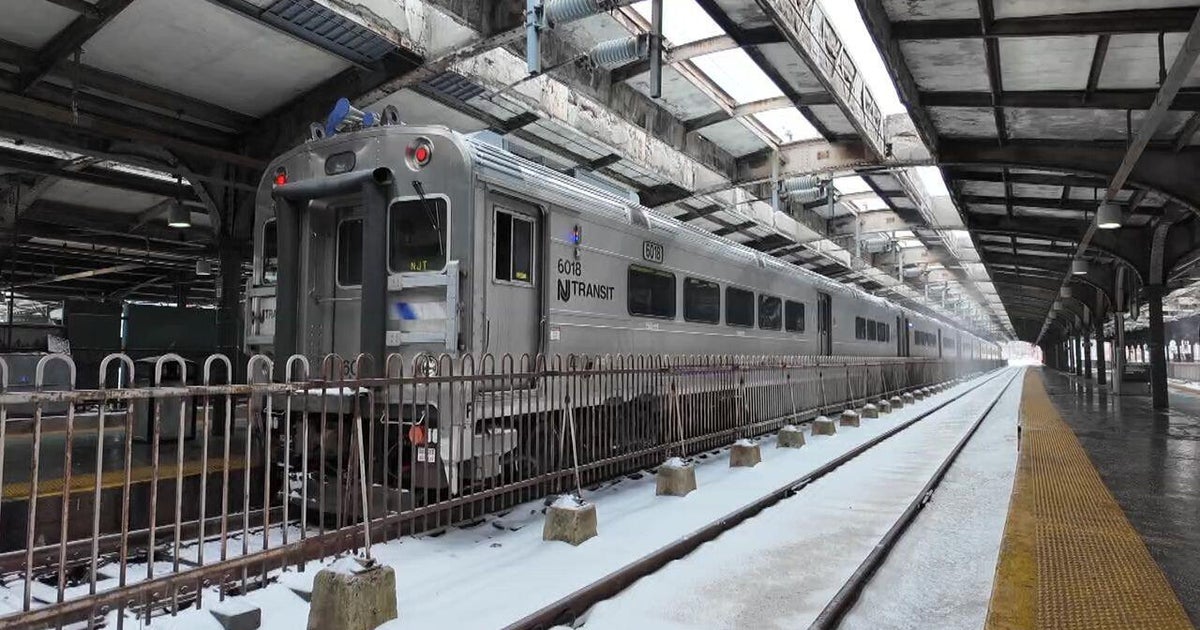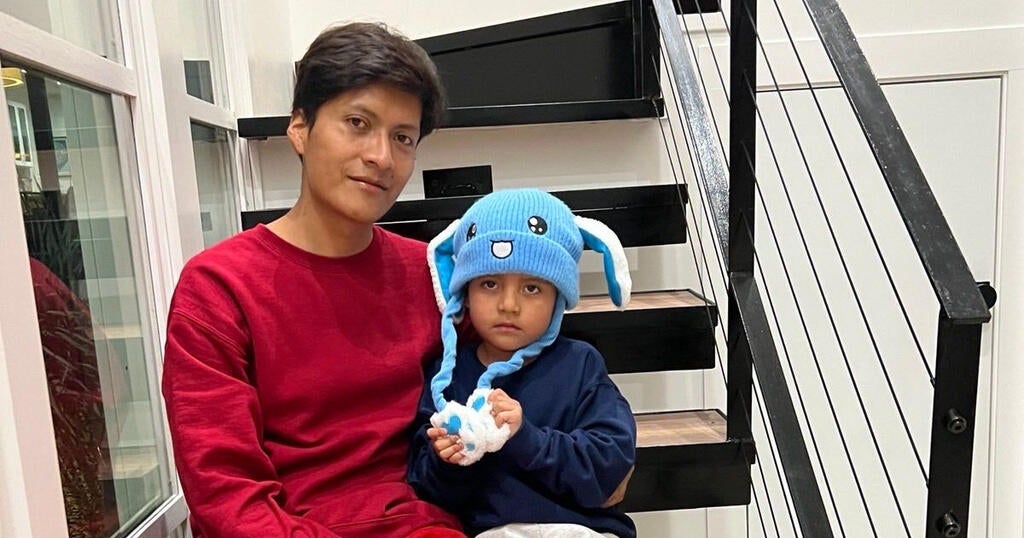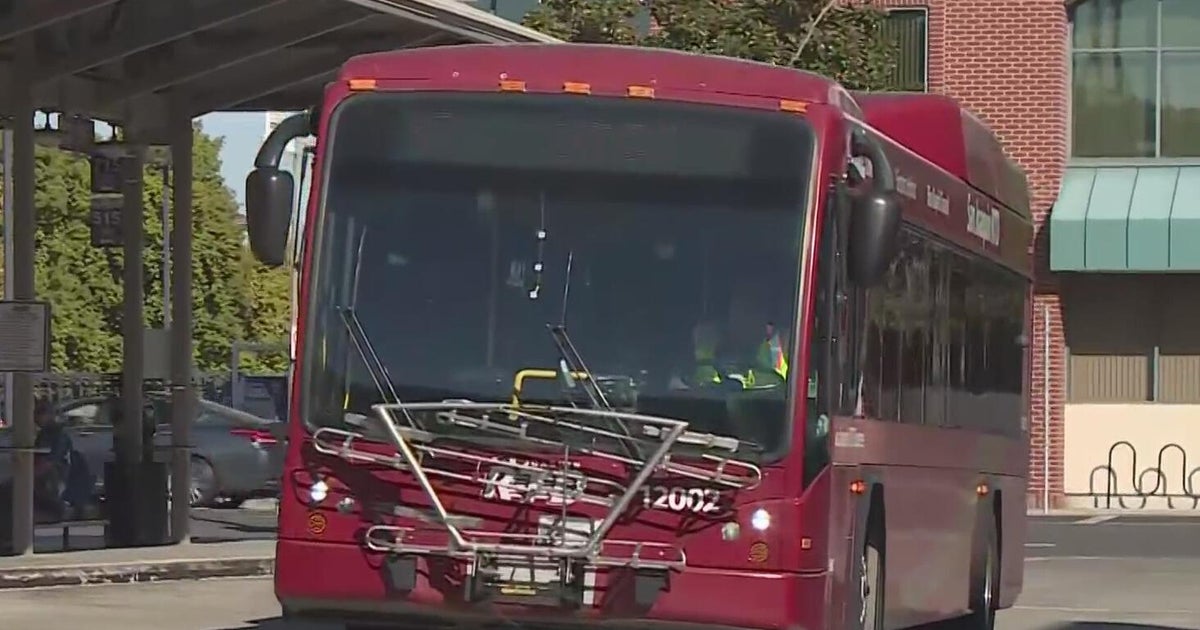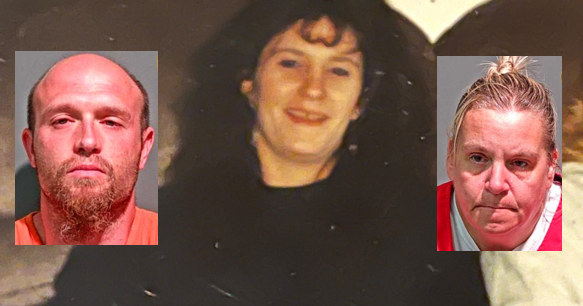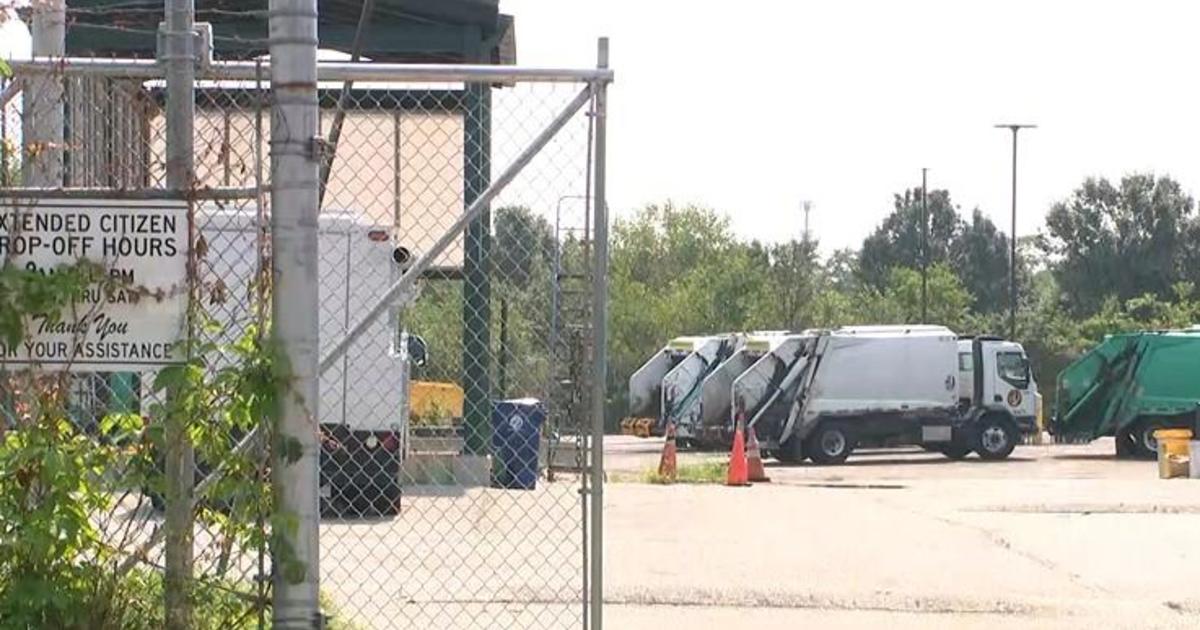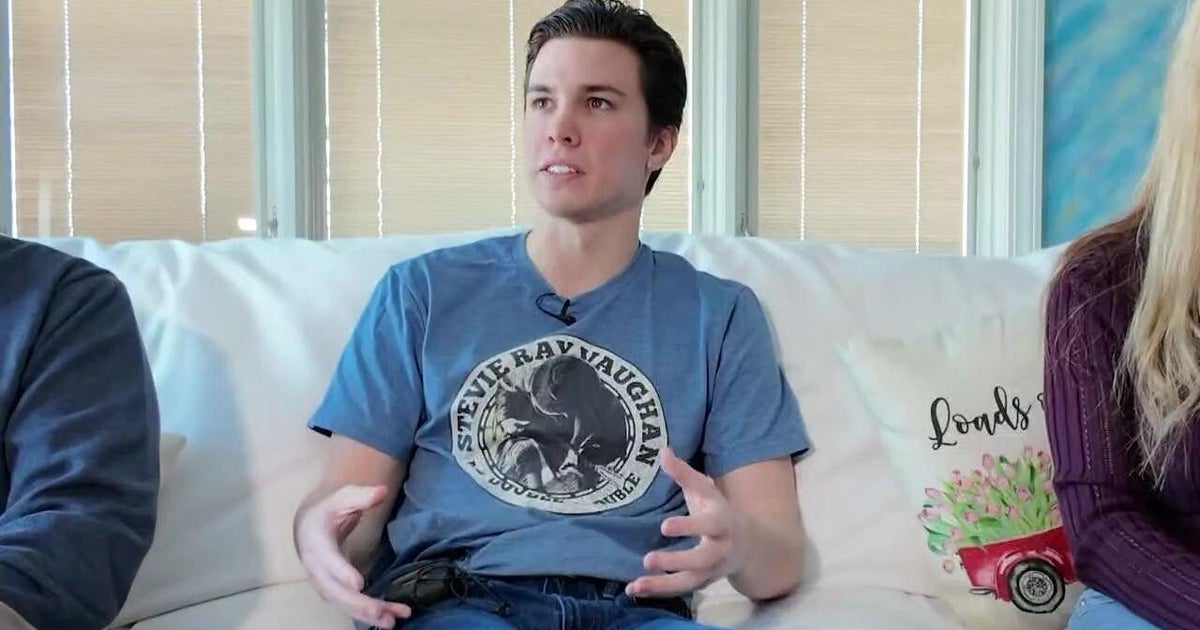Bear Researcher: DNR Rule Endangering Collared Bears
By John Lauritsen, WCCO-TV
MINNEAPOLIS (WCCO) -- The Department of Natural Resources decided Monday that radio-collared bears will continue to be fair game to hunters this fall. Now, a Minnesota bear researcher says the DNR is exposing his life's work to unnecessary risk.
That includes Lily, a 4-year-old black bear who is one of nine radio-collared bears being studied by Lynn Rogers of the North American Bear Center.
For 44 years, Rogers has been a bear researcher and Lily has received much of his attention lately. That's because she's now a mother to three cubs and their lives are continually broadcast on Rogers' website. However, while the bears hibernate now, this fall Rogers won't be able to keep them safe. Lily's bright-pink research collar won't protect her from a bear hunter.
"This is so devastating when one of these bears is killed. We can't just put the collar on another bear and go forward. We have to start over," said Rogers.
When reached by phone Tuesday afternoon, Rogers said he was hoping new DNR leadership would protect his bears, but the new leadership took a familiar stance.
"It's an emotional issue. We know that Dr. Rogers has a large following out there," said DNR Deputy Commissioner Dave Schad.
Schad said it would be unfair to put hunters in a position where they have to look for collars before they shoot.
"It's been our practice to encourage hunters to refrain from shooting those (bears), but understand, at times, those mistaken shots are going to happen," said Schad.
Rogers is now urging his followers to contact their lawmakers in hopes of getting his bears protected.
"The DNR didn't get it right on this one. I think the bears aren't owned just by the hunters, but by the public at large and some of us want to learn from them," said Rogers.
Rogers said that more than 500 schools across the country are studying his bears online.
The DNR also has research bears that will be fair game to hunters this fall. They say it's really up to lawmakers to pass a law that would protect these bears.

